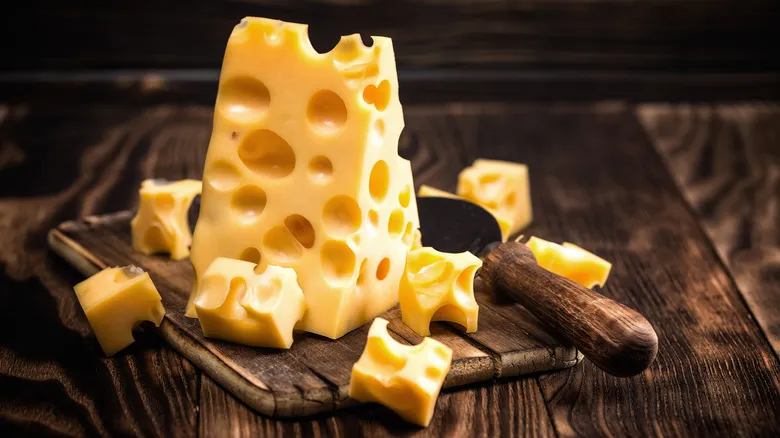Fat, salt, and smoky flavors

If you were to characterize the flavor of bacon, several terms might come to mind. However, at the forefront of its more intricate descriptions—encompassing its warmth and occasionally maple-like notes—lies its saltiness. Each serving of bacon delivers a robust saltiness that surpasses most other meats, a result of its curing process. This saltiness not only stands out on its own but also enhances the flavors of accompanying foods, as salt is a natural flavor booster. The reason for this is primarily that salt diminishes bitter tastes while amplifying sweet and umami flavors, which are particularly appealing to many diners.
In addition to salt, bacon possesses another flavor-boosting element: fat. Being a cut of meat rich in fat, bacon not only produces a significant amount of grease when cooked but also enhances other flavors. Fat is known to carry flavors effectively and can add richness to dishes that might otherwise seem flat. Yet, there may be a more intricate reason behind bacon's irresistible taste.
One of the most prominent and distinctive flavors of bacon is its smokiness. This smoky essence may be the key to bacon's flavor-enhancing prowess. Smoky notes introduce a unique depth and complexity to a variety of dishes. While the smoky flavor of bacon is not overpowering, it is just enough to elevate the richness of other ingredients, including cheese, vegetables, and even sweet treats like chocolate or caramel.
A matter of umami

However, setting aside all these points, bacon has another remarkable quality: umami. Often referred to as the "fifth taste," umami is characterized by a rich, savory, and sometimes meaty flavor. The National Library of Medicine explains that foods high in umami contain glutamates, the amino acid responsible for this unique taste. Bacon is abundant in umami, which enhances the flavor profile of any dish it accompanies, adding depth and savory richness.
Umami can introduce an unexpected yet delightful twist to various foods, especially those that may lack a natural umami flavor, like desserts and candies. The umami notes in bacon, along with its smoky and salty, fatty characteristics, can serve as a perfect foundation for caramels or decadent chocolate. These qualities also shine when incorporated into salads, providing a meaty element to an otherwise light dish, potentially transforming a simple side salad into a satisfying entrée. Ultimately, the flavors that define bacon not only stand out on their own but also elevate a wide range of other flavors, making them taste more authentic. And with the addition of bacon, those dishes become even more delicious.
Recommended

Why You Don't Have To Worry About The White Stuff On Grapes

Why Swiss Cheese Is So Holey

Does Ben & Jerry's Really Give Its Cows Massages?

What's Up With The Nitrogen In Ground Beef Packages?
Next up

